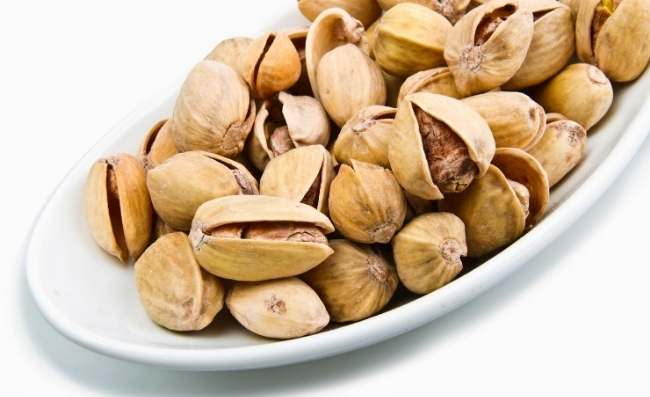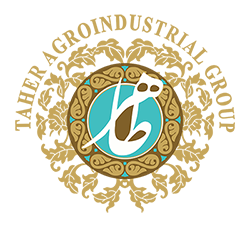
Pistachios are rich in antioxidants and vitamin E, which is effective for liver health and treats fatty liver. The study shows that people who ate pistachios for six months had more liver enzymes in their bodies and fatty liver was treated in a special way.
Familiarity with other properties of pistachios
We have prepared this section for you, dear masters, to get acquainted with other properties of pistachios.
Familiarity with the properties of pistachios
Pistachio tree is native to Asia, especially Iran and Iraq. Iran is one of the largest countries in pistachio production in the world. Pistachios have many health benefits, pistachios can be used to control weight, treat obesity, prevent diabetes and lower blood pressure and cholesterol.
Four types of pistachios are produced in Iran: Round , Koleghoochi, Akbari and Ahmad Aghaei.
Pistachio is one of the most important and stable members of Iranian nuts, whose potassium content is equal to that of orange with this small body, and it is very important due to its nutrients. Kerman province and Rafsanjan city are the main centers of pistachio production in Iran. Pistachio, a constant member of nuts, despite its small size, is rich in useful and nutritious sources for human health.
Most hot and semi-arid desert areas are suitable for planting pistachios because the summers in these areas are long, hot and dry, and the winters are mild and temperate. The place where pistachios are grown should get enough sunlight. Pistachio tree is very resistant to drought and has a very long growing period and has two male and female bases that are separated from each other.
The pistachio tree, like most fruit trees, is cold and needs hibernation in the fall. This tree bears fruit from the age of five and gives the most fruit at the age of ten to twelve.

Properties of pistachios for babies and children
Pistachios are a good source of protein and energy for babies and children. Pistachios are a good source of essential vitamins such as vitamin C, thiamine, riboflavin, niacin, panotenic acid, vitamin B6, folate, vitamin A and vitamin E, which are useful for strengthening the immune system of infants and children. The high amounts of fiber in pistachios are useful for treating constipation in children. Vitamin B6 in pistachios is useful for improving brain function and increasing children's intelligence.
From the end of eight months, pistachios can be added to the baby's diet, either in butter or chopped and mixed with yogurt or apple sauce to reduce the risk of suffocation. Always buy unsalted nuts, as sodium is dangerous for the baby. Nuts and seeds should be crushed or finely chopped to be safe for infants and toddlers.
Whole pistachios, pistachio kernels and nut butter pose a choking hazard for infants and toddlers under five. To serve nuts with peace of mind, you can chop them finely and pour over yogurt and serve or use with apple sauce, breast milk or dry milk.
8 to 12 months: Buy soft pistachio butter or mix the pistachios in a powerful food processor until completely powdered and no pieces remain. (You may also grind and grind the nuts in a mortar until completely ground.) If using butter, dilute it with breast milk, formula or yogurt to reduce the risk of suffocation.
If you use chopped nuts, sprinkle a little on yogurt, rice, quinoa, zucchini or hot cereals. 12 to 24 months: Serve pistachio butter diluted with yogurt (apple sauce is also suitable, but it is not easy for the baby to eat) or continue to sprinkle peanuts on other fruits and foods. At this age, your baby is ready to try nut butter on toast as well. To make toast with pistachio kernel butter for the baby, make sure the butter is spread very thinly and no lumps remain.
Tip: Save time by preparing a large amount of ground pistachios and storing them in the refrigerator. That way, you have the ground nuts ready to sprinkle on your baby's meal.
Properties of pistachios for men
Research shows that pistachios affect men's sexual potency. Those who consume 100 grams of pistachios daily for three weeks have increased blood flow to their penis and erectile power.






User comments